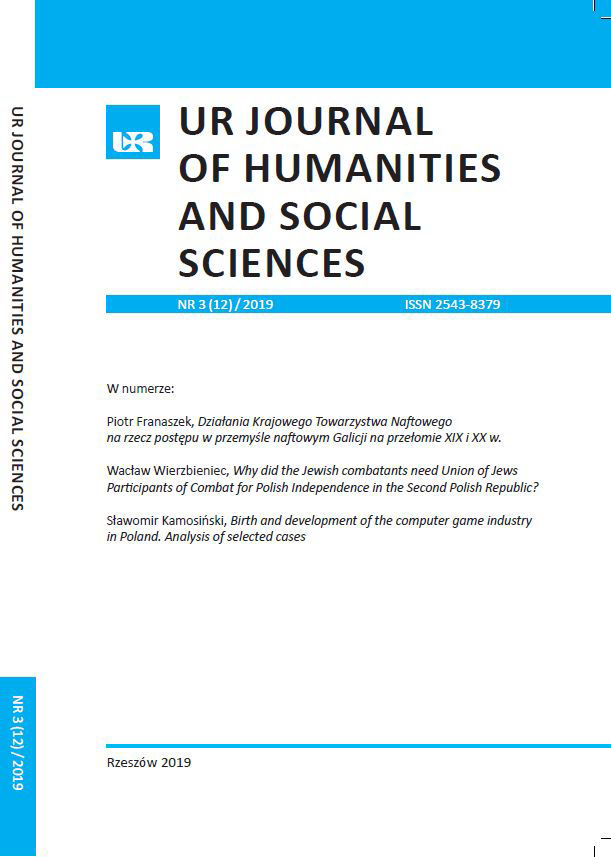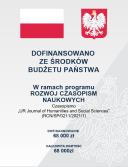Nationalism, modernity, museums. Inspiration by the theory of Ernst Gellner
DOI:
https://doi.org/10.15584/johass.2019.3.7Keywords:
National identity, nationalism, modern society, museum, critical museum, studies, GellnerAbstract
The study deals with the issue of nationalism and its emphasis on national identities, which have occupied a specific position in museums since the 19th century. Nationalism understands the study as a modern phenomenon, which was created by specific structural conditions, functions and changes connected with the advent of modernity. It is precisely the conditions for the emergence of nationalism that the study pays attention to, and through the analysis of Ernst Gellner's theory it seeks to define the main attributes from which the emergence and persistence of nationalism derive. To this end, the study will present the basic characteristics of a traditional society in which there were no suitable conditions for the existence of nationalism, and subsequently show how these conditions were born by the transition of society from traditional to modern. With regard to the theme of nationalism, the social change that took place and the basic characteristics of modern society, which eventually created the breeding ground for the emergence and existence of nationalism, will be presented. The study then applies the issue of nationalism to museums. The study will outline how museums have transformed in the established modern society and what role nationalism has played in them. Finally, the study briefly reflects on the role that nationalism can play in museums today, viz. it will show which elements constructing national identity can potentially appear most in museums.Downloads
Download data is not yet available.
Downloads
Published
2019-09-30
How to Cite
Kolaříková, V. (2019). Nationalism, modernity, museums.
Inspiration by the theory of Ernst Gellner. Journal of Humanities and Social Sciences, 12(3), 117–138. https://doi.org/10.15584/johass.2019.3.7
Issue
Section
Articles
License
Copyright (c) 2019 Wydawnictwo Uniwersytetu Rzeszowskiego

This work is licensed under a Creative Commons Attribution-NonCommercial 4.0 International License.



